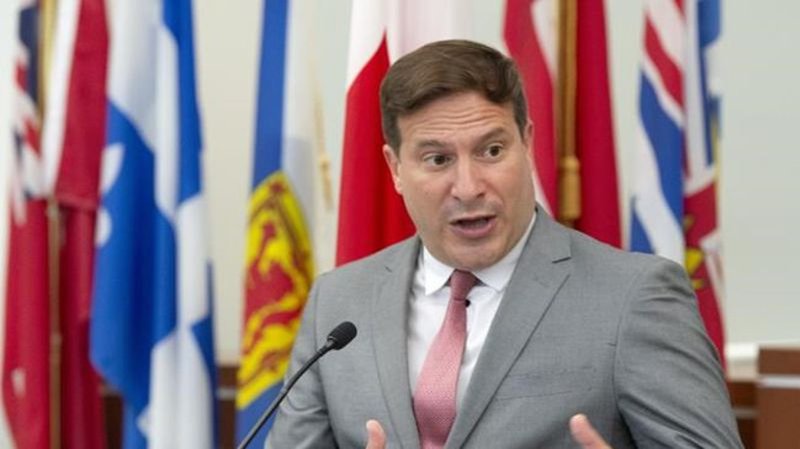
Open arms in an era of closed borders: pandemic-era immigration plan to be released
OTTAWA — Canada’s tradition of welcoming newcomers with open arms is being challenged in an era of closed borders.
How great that challenge is will become apparent today as the federal Liberals release a status update on immigration to Canada so far this year and a plan for how many they intend to admit next year.
The plan for 2020 had been to settle around 341,000 new permanent residents, a goal in keeping with ongoing increases to immigration levels for the last several years.
This year’s number, however, was released literally on the eve of Canada beginning to cut itself entirely off from the outside world to control the spread of the novel coronavirus.


